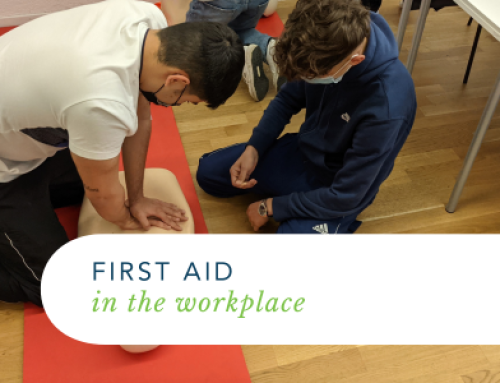Employers want their workers, including volunteers, to be safe at work and to go home the same way they came to work. Volunteers and voluntary work contribute a lot to the success of both the business and the community. It helps a lot of organisations to carry out tasks, play a part in supporting emergency events and carrying out all sorts of unpaid work. Therefore, their safety is as important as everybody else.
The WHS laws state that volunteers are owed the same duties of care as all other workers and they get the highest level of protection wherever they choose to volunteer. As an employer or a person conducting a business, it is within their duty of care to look after the health and safety of these volunteers and to ensure that the activities to be carried out will not affect them negatively. While volunteers are required to take reasonable care for their own safety, a facility or organisation is responsible to make sure that it provides sufficient equipment and training to perform their tasks efficiently and safely.
A manager or supervisor should ensure each volunteer has the proper induction before they start any form of work. Providing an orientation and induction to volunteers gives them a solid framework with regards to the organisation, the people, and the tasks that needs to be done. Through this induction, hazards are also identified and providing information about relevant work health and safety policies, procedures, and responsibilities.
Training is fundamental and should be an ongoing procedure. Receiving formal training in work, health and safety allows the volunteers to gain skills in hazard recognition and basic risk management should the workplace be deemed unsafe. By investing in safety training, you are offering protection to the volunteers from harm by developing a workplace culture in which everyone is safety conscious.
Organisations need to ensure that policies and procedures are updated to identify that they also include volunteers either onsite or offsite. Volunteers should be provided with access to all policies, and their workplace rights and obligations should be clearly communicated to them. By supplying each volunteer with a written job description, it will be easier to see the connection between the safety training provided and their activities. At the end of the day, engaging volunteer workers and investing in training does benefit the organisation as a whole and minimises the risks to the volunteer and the organisation.
It is important to get your emergency management procedures correct, so that you minimise the risks to those in your facility, both volunteers and employed workers. Safety training is an excellent way to determine if your plans and procedures are adequate, as well as ensuring your volunteers and workers know what to do, where to go and who to listen to in an emergency.
For peace of mind in knowing your procedures and plans are sufficient, and that safety training is carried out in the most effective way possible, contact our friendly team today at 02-8883-1694.
GET IN TOUCH
Are you ready for peace of mind that your workforce is as safe and prepared as possible?
With a dedicated team of staff ready to help you meet compliance requirements and improve the overall safety of your workplace, all you need to do is get in touch.
Request your free audit today!



